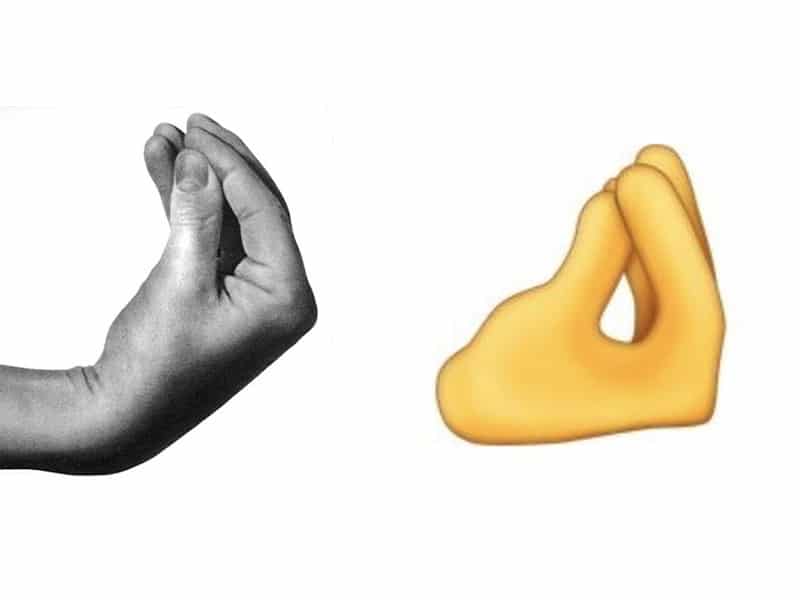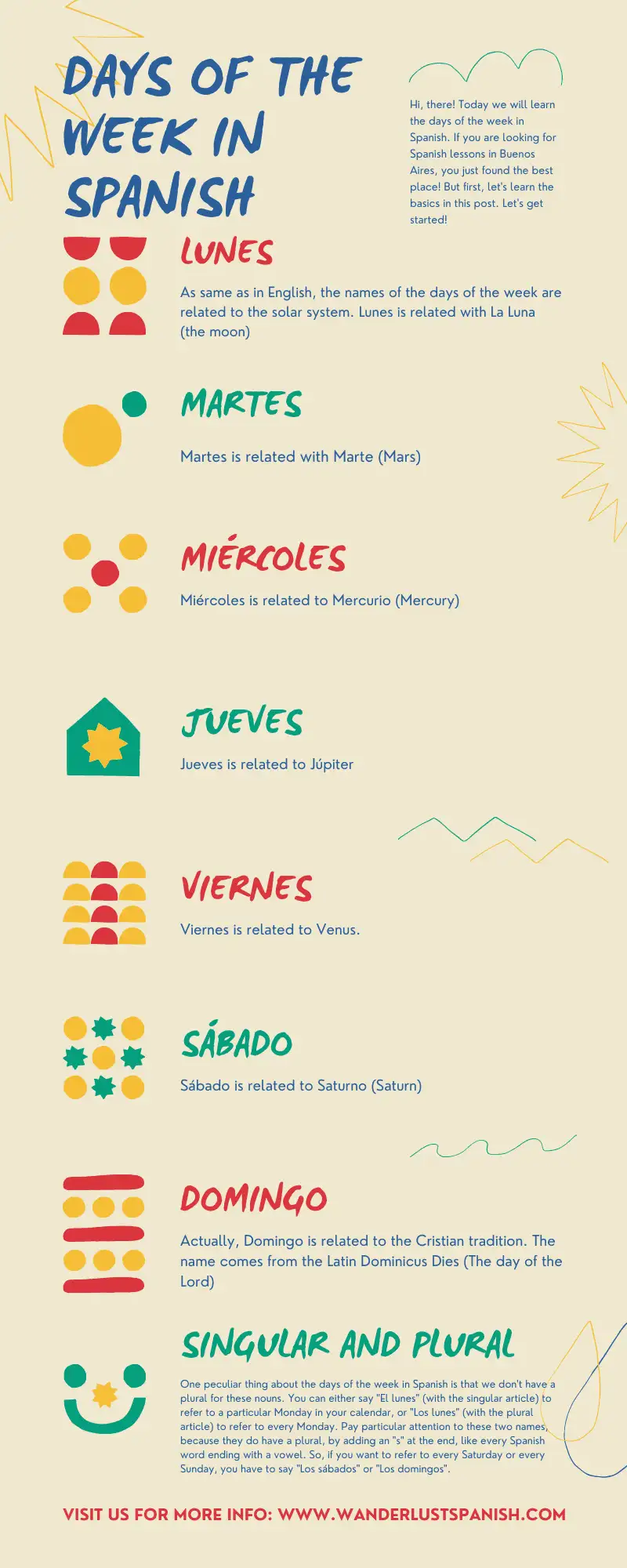Hello, there! Today we will learn a very important part of the language: the prepositions in Spanish. What are prepositions for? Prepositions are used to connect other words. Prepositions have no intrinsic meaning. You can’t translate “para” to a single English word, for example. It depends on what words “para” you are linking to. One thing you can say about prepositions is that often indicate the position of something (bajo, en, and entre are good examples of that) So, as you can see, it’s not an easy topic. It’s better if we just let’s get started!
List of prepositions in Spanish
In order to understand the meaning, we will study each preposition in different contexts:
- A (also combined with “el”, you get the contraction “al”): Voy al parque. Voy a mi casa. Voy a viajar pronto.
- Ante: Estamos ante un problema muy grave (We are facing a very serious problem).
- Bajo: Todo está bajo control (It’s all under control).
- Con: Quiero comer milanesas con papas fritas (I want to eat milanesas with french fries)
- Contra: Mi rabia es contra la máquina 😉 (My rage is against the machine)
- De (also combined with “el”, you get the contraction “del”): No quiero irme de aquí. La mesa está hecha de madera. (I do not want to leave from here. The table is made of wood.)
- Desde: Trabajo en turismo desde 1998 (I have been working in tourism since 1998). Desde aquí, no podemos ver tu casa (From here, we can’t see your house).
- Durante: Trabajaré durante el verano (I will work during the summer).
- En: Estoy en el trabajo (I’m at work). Estoy en el autobús (I’m on the bus). Estoy en problemas (I’m in trouble).
- Entre: Tienes que elegir entre tu trabajo o tu vida (You have to choose between your job or your life).
- Hacia: El tren va hacia él (The train is heading towards him)
- Hasta: Hasta que no me digas la verdad, no me iré (Until you tell me the truth, I won’t leave). ¡Hasta mañana! (See you tomorrow!)
How to say To in Spanish?
- Mediante: Mediante este acuerdo, llegaremos a una solución (Through this agreement, we will reach a solution).
- Para: Okay, para and por are the most difficult prepositions. We wrote an entire post about that. But, let’s see some examples with para here: Para mi, la película es genial (For me the movie is great). Este regalo es para mi madre (This gift is for my mother). ¡Necesito mi auto listo para mañana! (I need my car ready for tomorrow!)
- Por: Okay, what we have here? Again for? That’s right! And that’s the tricky thing about por and para. Debes hacer esto por mí (You must do this for me). Quiero cambiar mi auto por uno más nuevo (I want to trade my car for a newer one).
- Según: Según los medios, mañana el presidente hará declaraciones (According to the media, tomorrow the president will make statements).
- Sin: Mi abuelita come sin sal (My granny eats without salt).
- Sobre: El gato está sobre el piano (The cat is on the piano)
- Tras: Tras las últimas declaraciones, el presidente renunció a su cargo (After the latest statements, the president resigned from his post).
Anyway, you can try yourself by a little quiz here. Contact us today and start learning with native speakers right now! See you soon!









